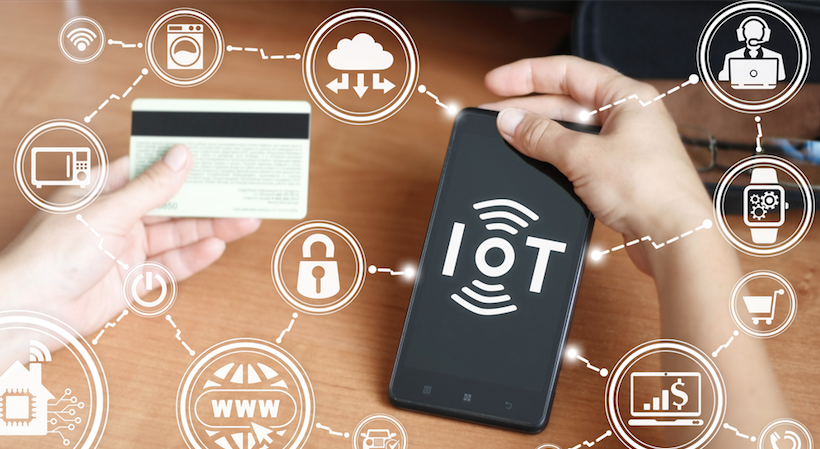For service-based businesses like software providers, getting customers can be tricky. Before people commit to a monthly subscription for a service, they need to try the product to make sure it meets their unique needs. This demand gave birth to the freemium model, where customers are given a trial period (typically 30 days or longer) to try a software solution before putting any money into it.
But as the Internet of Things (IoT) has evolved, consumers have become increasingly aware of the value businesses get from using smart services and Wi-Fi-enabled products. Not only are consumers usually required to input basic contact data, but they’re often asked demographic details, such their type of business and its number of employees. This information can then be used to improve the service businesses provide on a monthly basis.
Now that customers are aware of this, they’re starting to question whether the “freemium” model is truly free after all.
For service providers, it’s time to assess whether this longtime business model is still relevant. Here are a few things to know about how freemium fits into a data-driven marketplace, as well as an alternative worth considering: bartering.
Related: When Barters Go Bad
The value of data
According to a Cisco study, 73 percent of businesses are using IoT data to improve their operations. This data is being put toward:
- Improving product quality or performance
- Better decision-making
- Reduced operational costs
- Improving existing customer relationships
- Creating new customer relationships
- Reducing maintenance or downtime
In each of these instances, businesses can significantly improve their bottom line through the use of data. When they have the information necessary to better locate and serve their customers, they’re more likely to retain those customers — and possibly win a few referrals along the way.
Since studies have shown that a personal touch is key to earning loyalty from today’s customers, personalized data can be essential to remaining competitive.
Bettering their products isn’t the only benefit startup brands get from their customer data. Businesses like social media platforms are able to monetize their customer information. One survey of nine data brokers revealed they made $426 million in revenue off the customer data they collected. This allows sites to thrive without charging, operating on revenue from ads and data sales alone.
Sponsored: Visit our Dell partner page for discounts and exclusive offers
But consumers are becoming increasingly savvy about the value of the data they hand over to businesses. A study from loyalty analytics company, Aimia, found that 4 in 10 people see their data as “highly valuable,” an increase of 10 percent since 2014. American consumers put a dollar value of just over $41 for information like browsing history and past purchases, with contact information worth $26.
This growing awareness is challenging for startups, which must now deal with a customer base that is becoming more protective of their personal information. This also comes at a time when consumers have more and more options to help them keep their online activity from being tracked.
This means that instead of using a trial period to win customers over, service providers may need to find new ways to get the data they need to improve their offerings and give personalized service.
Sign Up: Receive the StartupNation newsletter!
Bartering replaces freemium
Experts have already predicted a future in which data will become a commodity, as the currently murky process of tracking customer behavior becomes more transparent. Once people invest in tools that block companies from monitoring their activities, a viable choice will be to allow consumers to opt into a data exchange, which will eventually come at a price to businesses.
Enter bartering. For centuries, bartering has been a way to pay for services, starting with the mutual exchange of goods and evolving to the current currency-based model, in which consumers pay for products or services. In an IoT environment, bartering will evolve one step further and eventually be used to get the data a business needs to inform their decisions.
This means that instead of getting a customer to sign up to try out a software solution by offering it for free, businesses will offer the free version of their service ongoing in exchange for the customer’s data. And it’s possible that data will be so valuable that there will be no need for a customer to pay extra for more advanced services.
Software providers that use free trials to let customers try their products would be well advised to consider this strategy going forward. Whether they’re using the data they collect or not, the growing IoT landscape and savvier consumers mean companies can expect to pay in some way for user data.
If your business relies on tracking customer interactions with your software, be open to bartering. It may even lead to greater customer satisfaction, as they start to think of themselves as more of a business partner rather than a consumer. And that’s almost certainly not something they’ve experienced before.






